September 2021: The Month in Review
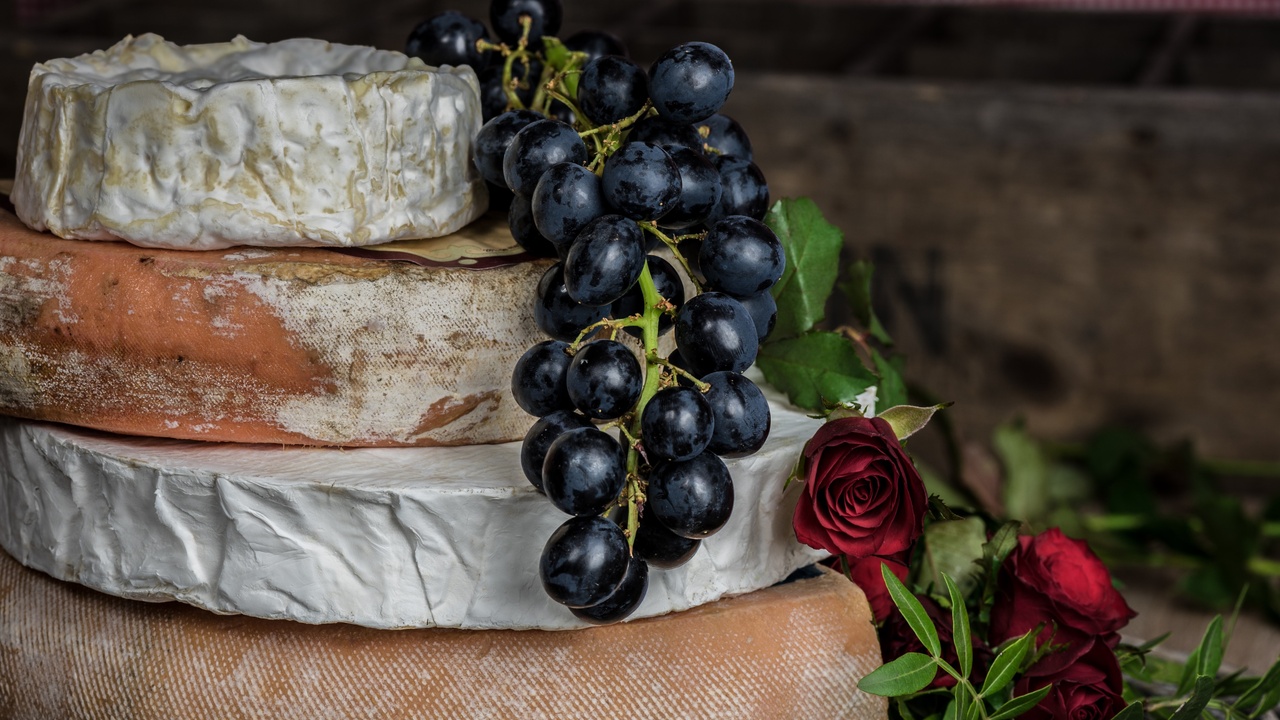
Following a strong summer for the cellular agriculture field, September marked an incredible end to the third quarter of 2021. Cellular agriculture is the field of producing animal products, like meat and dairy, directly from cell cultures instead of raising animals. Compared to conventional livestock agriculture, cellular agriculture offers a more sustainable way to produce animal products to meet the growing global demand without requiring animals.
From the largest cellular agriculture investment round to date to new partnerships and discourse, we take a look at what happened this September in cellular agriculture.
Investments
Perfect Day
To end September, Perfect Day announced the company raised a massive $350 million in Series D funding to become the largest funding round to date for a cellular agriculture company.
Based in Berkeley, California, Perfect Day is a startup that uses cellular agriculture to produce animal-free dairy proteins. By designing flora to produce the same dairy proteins found in milk from a cow, Perfect Day can make the same dairy products.
Perfect Day’s Series D funding round was co-led by Temasek and CPP Investments and also featured investments from long-term investor Horizon Ventures, South Korean conglomerate SK Inc., and Bob Iger, the Executive Chairman of the Walt Disney Company.
 Urgent Company's new Modern Kitchen with Perfect Day animal-free dairy
Urgent Company's new Modern Kitchen with Perfect Day animal-free dairy
According to the announcement, the new funding round brings Perfect Day’s total funding to $750 million. CPP Investments previously led Perfect Day’s $300 million expanded Series C round and Temasek previously co-led both Perfect Day’s Series A and Series B funding rounds.
Interestingly, according to the Wall Street Journal, Perfect Day plans to list for an initial public offering (IPO) in the next 12 months following the funding round. Considering how successful plant-based milk company Oatly’s initial public offering was in May 2021, it’s not surprising that going public is an appealing option for the flora-based dairy company.
As part of the announcement, Perfect Day brought the Urgent Company into its portfolio of companies. In July 2020, Perfect Day partnered with the Urgent Company to launch Brave Robot ice cream, an animal-free dairy ice cream that uses Perfect Day’s cell-cultured dairy proteins.
In addition, Perfect Day also shared the company acquired bioprocess scale-up facility SBF Inc in Logan, Utah, in mid-2020. As part of its plans moving forward, Perfect Day plans to SBF Inc to expand its offerings to include ‘enterprise biology’, providing a technology development service for other companies to produce animal-free proteins and require assistance to scale.

Moving forward, Perfect Day plans to use the new funding round to accelerate the company’s focus on ingredient innovation and consumer products. Part of the funding round will be used by the Urgent Company to launch its next commercial product line: Modern Kitchen, a new animal-free dairy cream cheese using Perfect Day’s dairy proteins. Currently available for pre-order, the new product line aims to launch in November 2021.
The most funded cellular agriculture company to date, Perfect Day is the first cellular agriculture food company to raise a Series D funding round. The previous largest funding rounds in the cellular agriculture food field include Motif FoodWorks’ Series B financing of $226 million in June 2021.
Eat Just’s Good Meat
Alternative protein company Eat Just announced its cell-based meat subsidiary, Good Meat, raised an additional $97 million in funding to produce cell-based chicken meat. As part of the same funding round of $170 million announced in May 2021, the new investment brings Good Meat’s total venture round to $267 million.
 Good Meat's cell-cultured chicken bites
Good Meat's cell-cultured chicken bites
The largest funding round ever for a cell-based meat company, the investment also makes Good Meat the most funded cell-based meat player to date. The funding round featured new investor Resilience Reserve and featured previous investors including UBS O’Connor and Graphene Ventures. Eat Just also shared that the company added former US Secretary of Agriculture Dan Glickman to its advisory board and former Dupont executive Jim Borel to its board of directors.
Moving forward, Good Meat plans to use the funding round to scale production, including designing and engineering new bioreactors to produce cell-based meat. The company currently uses bioreactors as large as 1,200 liters and aims to ultimately use bioreactors larger than 100,000 liters to produce cell-based meat at scale.
Formo
German startup Formo announced the company raised a massive $50 million in Series A funding to develop cell-cultured cheese.
Formerly known as Legendairy Foods, Formo is the first European cellular agriculture company focusing on producing cell-cultured dairy. By designing microorganisms to produce the same dairy proteins found in cheese, Formo aims to produce the same dairy cheeses without requiring cows.
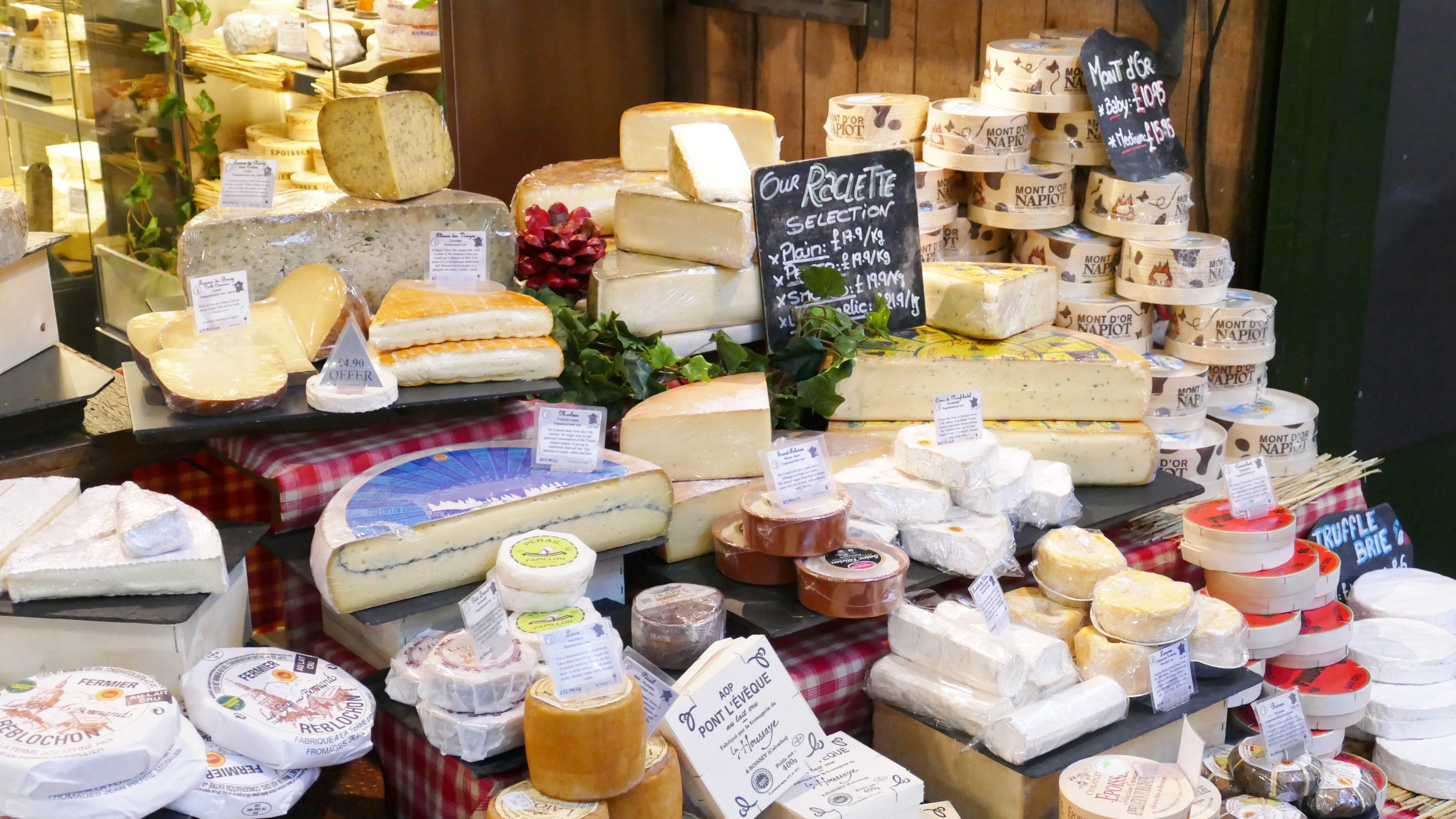
The largest Series A funding round to date for a European cellular agriculture company, the funding round was co-led by EQT Ventures, Elevat3 Capital, and Lowercarbon Capital. Existing investors in Formo’s funding round include M Ventures, CPT Capital, and Good Seed Ventures.
According to the company, Formo’s funding round is also the largest foodtech Series A funding round to date in Europe. Within the cellular agriculture food field, as of September 2021, only Motif FoodWork has raised a larger funding round than Formo with the largest foodtech Series A round ever in February 2019.
The funding round brings Formo’s total funding to $54.7 million. In December 2019, Formo raised $4.7 million in seed funding to develop its cell-cultured cheeses.
Moving forward, Formo plans to use the funding round to accelerate the development of its cell-cultured cheeses and expand into a new facility to scale its production platform. The company is currently focusing on developing mozzarella and ricotta cheeses. Formo also plans to use the funding round to expand its product development into mature cheeses like cheddar and gruyere.
While the company did not share when it plans to launch, Formo shared the company is looking to markets where it is more likely to get regulatory approval first, including Singapore and the Middle East, before eventually launching in Europe.
Regarding public perception of cell-cultured dairy, Formo commissioned a consumer perception study in June 2021. Interviewing more than 5,000 people across Brazil, Germany, India, the UK and the US, the study found that, on average, 79% of consumers globally are probably or definitely likely to try dairy cheese via precision fermentation (also known as acellular agriculture).
The study also indicated that approximately 71% of consumers would probably or definitely likely be ready to pay for animal-free dairy cheese.
New Age Meats
To end September, cell-based meat company New Age Meats also announced that the startup raised a massive $25 million in Series A funding to produce cell-based pork hybrid products.
The largest Series A funding round to date for an American cell-based meat company, the funding round was led by Hanwha Solutions and featured investments from IndieBio, TechU Ventures, ff VC, and Siddhi Capital. New Age Meats plans to use the funding round to accelerate its development and build a new pilot plant facility in Alameda, California.
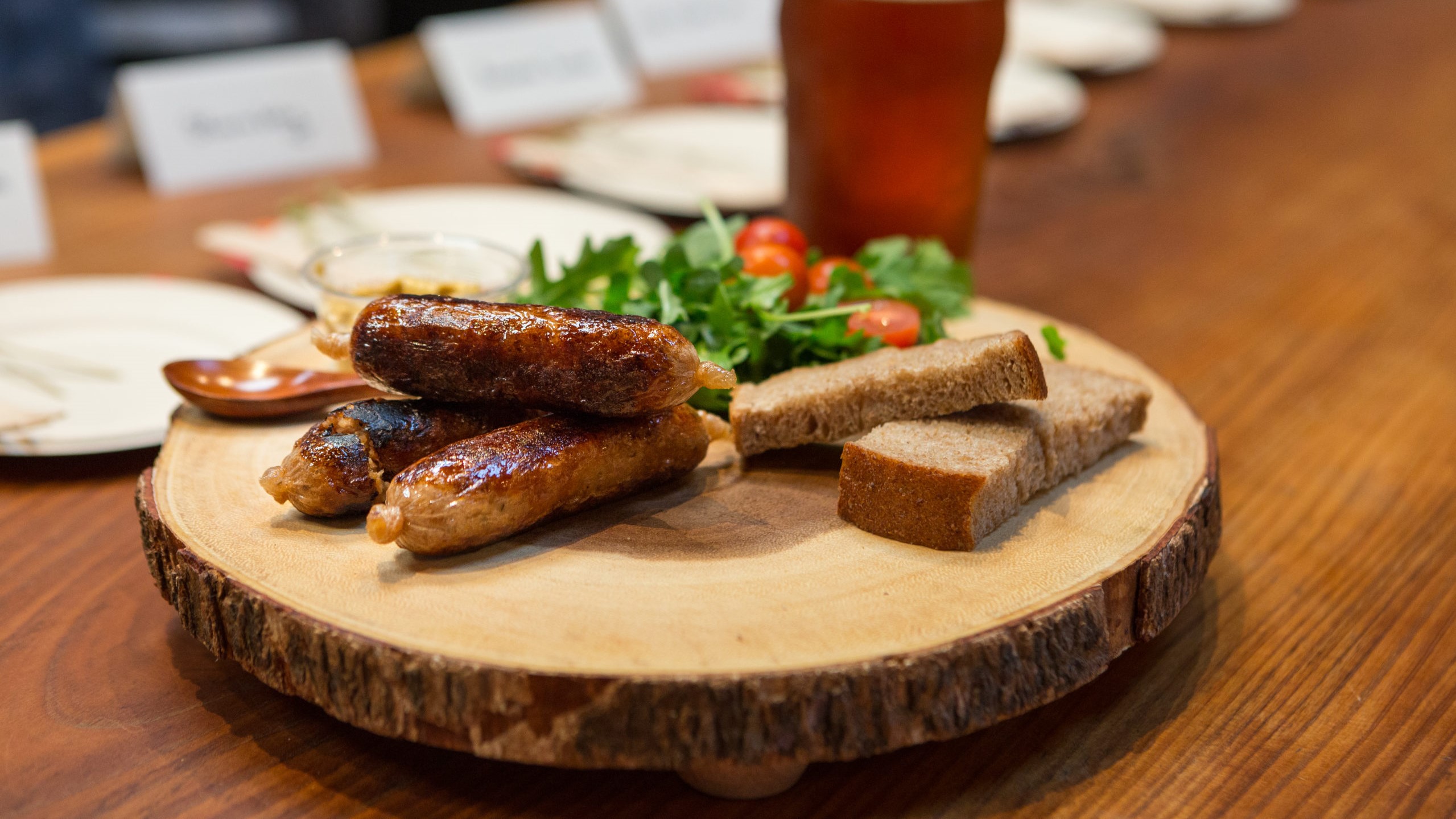
New Age Meats plans to use funding round to accelerate its research and development as well as double its workforce. The company is also building a 20,000 sq feet pilot manufacturing facility in Alameda, California.
Pending regulatory approval, the company claims it will come to market by the end of 2022. In August 2018, New Age Meats showcased the first ever cell-based pork sausage hybrid prototype.
Wild Earth
Pet food company Wild Earth announced the startup raised $23 million in funding. Based between Berkeley, California, and Durham, North Carolina, Wild Earth is a pet food startup that aims to use cellular agriculture to produce sustainable pet food. Instead of using meat in their dog food products, Wild Earth’s pet food is currently made from koji, a type of fungi that is a distant relative of mushrooms.
Wild Earth’s funding round featured a wide range of investors, including VegInvest, At One Ventures, Big Idea Ventures, BitBurger Ventures, and Gaingels. The funding round also included additional investments from Mark Cuban following Wild Earth’s pitch on the show Shark Tank in March 2019.
 Wild Earth's pet food
Wild Earth's pet food
The funding round brings Wild Earth’s total funding to $39 million. In May 2019, Wild Earth raised $11 million in its Series A funding round and previously raised its seed funding round in August 2018.
According to the announcement, Wild Earth plans to start developing cell-based beef, chicken, and seafood for its pet foods. Considering that American pets consume enough meat to be the fifth most meat-consuming nation in the world, it is promising to see Wild Earth explore cell-based meat for pets. The company states it is on track to release its new products in 2022.
Wild Earth’s funding round continues a strong end to the summer for cellular agriculture pet food companies. In August, pet food company Because Animals began taking pre-orders on its website for the first cell-based meat pet treat: a cell-cultured mouse meat cat snack. The company recently showcased its “Harmless Hunt Cultured Mouse Cat Treats” at SuperZoo, one of the biggest trade shows in the pet food industry.
Joes Future Food
Chinese cell-based meat startup Joes Future Food announced the company raised its Series A funding round of CNY 70 million (approx. 11 million USD) in September 2021. The funding round included investments from GL Ventures, Matrix Partners China, and Nanjing Venture Capital Management.
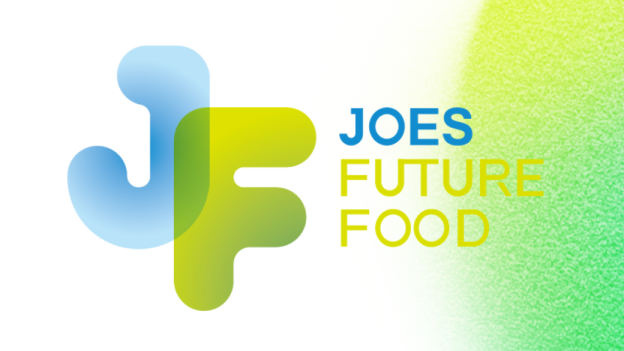
Focusing on cell-based pork meat, the startup was founded out of Nanjing Agricultural University. The company aims to use the funding round to scale its production technology platform and build a pilot production plant. In December 2020, Joes Future Food raised CNY 20 million (approx. 3 million USD) in seed funding.
All G Foods
New Australian startup All G Foods announced the company raised $11.4 million (AUD $16 million) in seed funding to develop both acellular dairy proteins and plant-based meats. One of Australia’s largest seed funding rounds in the future of food sector, All G Foods shared the company also signed a retail agreement with independent supermarket chain IGA for its first product, a plant meat burger brand called Love BUDS.
The funding round continues a great year for the Australian cellular agriculture ecosystem. In January 2021, Vow Food raised $6 million in their seed funding round to accelerate its cell line research and development. In March 2021, Nourish Ingredients raised $11 million in funding after launching from Australia’s national science agency CSIRO.
CellX
Chinese cell-based meat startup CellX announced the company raised $4.3 million in seed funding. Based in Shanghai, China, CellX is a new startup that aims to develop both cell-based pork and seafood from cell cultures. CellX’s funding round was led by ZhenFund, which is a close partner of Sequoia Capital China. Other investors in the funding round include K2 VC, Lever VC, and Better Bite Ventures.
 CellX's cell-based pork prototype
CellX's cell-based pork prototype
In addition to the funding round, CellX showcased its first cell-based pork prototype at a tasting event at the start of September. CellX previously raised $500,000 in pre-seed funding in December 2020.
Biftek
At the start of September, Biftek announced that the cell culture media company closed its seed funding round. Based in Turkey and incorporated in the US, Biftek is working on designing plant-based growth serum alternatives that will make cell-based meat cheaper and animal-friendly.

While the company did not disclose the total amount raised, Biftek shared that its recent valuation reached $12.5 million. As part of the funding round, Biftek announced CULT Food Science, TR Angels, and SankOnline joined as new investors. Pre-seed investors Big Idea Ventures also supported Biftek’s seed round.
Leo Di Caprio Investments in Aleph Farms and Mosa Meat
Actor and environmental activist Leonardo DiCaprio shared that he invested in cell-based meat companies Mosa Meat and Aleph Farms. While the size of the investments were not disclosed, DiCaprio will serve as an advisor to both Mosa Meat and Aleph Farms. Both companies previously raised Series B funding rounds of $85 million and $105 million, respectively. In April 2021, Leonardo DiCaprio was also named as part of Perfect Day’s Sustainability and Health Advisory Council
Switzerland Food Corporates launch Cultured Food Innovation Hub
Can Switzerland become a hub for the cellular agriculture field? Major Swiss food corporations Buhler, Givaudan, and Migros announced that they are launching a joint project called the Cultured Food Innovation Hub in Zurich, Switzerland.

According to the announcement, the Cultured Food Innovation Hub facility will go live in 2022 and aim to accelerate development and market penetration of cellular agriculture products. The Hub aims to provide facilities and knowledge to both cell-based meat and seafood companies as well as precision fermentation companies. The Cultured Food Innovation Hub will also be equipped with product development labs as well as cell-culture and bio-fermentation capabilities to help companies scale production.
Singapore Approves Esco Aster as Cultured Meat Producer
Esco Aster shared that Singapore Food Agency (SFA) granted the company a license to manufacture and produce cell-cultured meat for commercial sale in Singapore. The license makes Esco Aster the first CDMO - contract development and manufacturing organization - to manufacture cell-based meat in Singapore.
For cell-based meat companies, this means that they can use Esco Aster’s food-approved facility and AsterMavors platform to manufacture their cell-based meat for commercial market launch in Singapore instead of building their own pilot plant facilities.

According to the company, the AsterMavors platform provides an end-to-end service for everything from cell line development to cell culture media ingredients. Following its approval for cell-cultured meat manufacturing, Esco Aster shared it is seeking accreditation with the aim to export its cell-cultured meat through its new platform globally.
Beyond exploring whether each company’s process would be compatible with Esco Aster’s AsterMavors platform, it is important to note that each company’s cells must still go through SFA’s safety assessment reviews before being given permission to be manufactured and produced in Singapore. Previously, Esco Aster manufactured and distributed bioreactors commercially for clients in various sectors.
BlueNalu Announces Partnership with Nomad Foods
Cell-based seafood company BlueNalu announced a new partnership with Nomad Foods, Europe’s largest frozen food company. According to the partnership, both BlueNalu and Nomad Foods will work together to explore the introduction of cell-cultured seafood in Europe, focusing on several companies including the UK, France, Italy, and Germany. In addition, as part of the partnership, the two companies will conduct market research, explore consumer insights, and assess regulatory requirements for Europe.
 BlueNalu's cell-cultured seafood
BlueNalu's cell-cultured seafood
The new partnership announcement continues BlueNalu’s great year of new collaborations. In April 2021, BlueNalu signed Memorandums of Understandings (MOU) with two leading food players in Asia: global seafood producer Thai Union and global business giant Mitsubishi Corporation. According to BlueNalu, both agreements are designed to explore and assess market development strategies for BlueNalu’s cell-cultured seafood in Asia, including consumer insights, assessing regulatory requirements,and exploring business and product opportunities.
Meatable Partners with DSM to Develop Cell Culture Media
Dutch cell-based meat company Meatable announced a partnership with the Dutch multinational company DSM. According to the partnership, the two companies will work together to co-develop the cell culture media for cell-based meat production.
 Meatable's proposed cell-based meat facility design
Meatable's proposed cell-based meat facility design
As a key cost and scaling pain point for the field, the cell culture media formulation is the nutritious mixture that the cell cultures grow in. In addition, DSM and Meatable’s partnership will also focus on developing the taste and texture of meat for Meatable’s final cell-based meat products. DSM previously invested in Meatable through its venture arm, including in Meatable’s Series A funding round in March 2021.
Avant Meats Plans to Launch Pilot Plant in Singapore in 2022
Cell-based seafood startup Avant Meats plans to set up its pilot production facility in Singapore by 2022. Along with the pilot facility, Avant Meats will set up a research lab alongside ASTAR’s Bioprocess Technology Institute to focus on developing solutions on how to scale food-grade cell-based fish. The joint research lab will be located in Buona Vista in Singapore’s biomedical hub.
Avant Meats first shared its plan to build its R&D laboratory and pilot production facility in Singapore to produce cell-based fish in April 2021. According to the company, the Singapore base will support its existing operations in the Greater China region.
Spiber Raises Funding Round to Make Animal-Free Biomaterials
Beyond food, cellular agriculture can be used to develop a range of products. Japanese biotech company Spiber announced the company raised a massive $312 million in funding to brew proteins to develop animal-free biomaterials. From spider silk to wool and leather, Spiber can produce a range of animal-free polymers through its microbial fermentation platform.
The funding round was led by private equity firm Carlyle and featured investments from investment firms Fidelity and Baille Gifford. Spiber aims to use the funding round to build a mass production facility in Iowa in the United States. At the end of 2020, Spiber partnered with Japanese sports brand Goldwin to produce sweaters with its brewed proteins. The company is also working with Lexus to produce seats reinforced with its animal-free silk.
MeaTech Manufactures Half Kilogram of Cultured Fat
Cell-based meat company MeaTech 3D announced its Belgian subsidiary, Peace of Meat, produced just over 700 grams of pure culture chicken fat biomass in a single production run. According to the company, this is the first public demonstration of 100% cultured chicken fat from a single run.
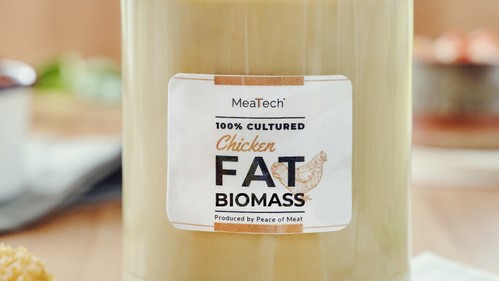
As a key component of meat, fat tissue is an important ingredient to give both plant-based and cell-based meat the same taste and flavour of conventional meat. In 2020, MeaTech acquired Peace of Meat for EUR 15 million in the first acquisition deal in the cell-based meat sector.
At the same time, MeaTech shared that the company filed a patent application in the US for its cell-cultured fat production method. According to the company, its cell-cultured fat production technology can potentially reduce its production cost by using only plant-based inputs. This suggests that the company has removed fetal bovine serum and other animal-derived components from its cell culture media formulation.
Along with producing cell-based meats, MeaTech 3D believes its cell-cultured fat can also be a standalone product that can be incorporated in both plant-based and cell-based products to improve their taste and texture.
Motif Foodworks Submits GRAS for Myoglobin Protien
Motif FoodWorks shared that the company submitted a Generally Recognized as Safe (GRAS) notification for its new myoglobin protein as an ingredient in plant-based meat alternatives. According to the company, the myoglobin protein helps deliver the flavor and aroma of conventional meat for an assortment of plant-based meats, including burgers, patties, and sausages.
With the GRAS determination currently pending, Motif FoodWorks is also in the process of developing its colour additive petition to submit to the FDA. The company shared that Motif FoodWorks had several pre-consultation meetings with the FDA to understand their expectations regarding regulations. Regarding labelling, Motif stated the company believes it can be labelled as ‘myoglobin’ or ‘natural flavor’ on packaging. Due to detectable DNA from the yeast used in the production process, the company will also need to label its product as bioengineered.
The Counter: Scaling Challenges for Cell-Based Meat
In a busy month for the cellular agriculture field, a fascinating article was published by The Counter about the economic viability of cell-based meat.
Written by Joe Fassler, the article was a deep-dive looking into many of the scaling challenges for cell-based meat production in order to be feasible at a large, commercial scale. From cell culture nutrient formulations to large-scale bioreactor designs, Fassler broke down the numerous technical challenges and issues the field will need to address to reach commercial production.
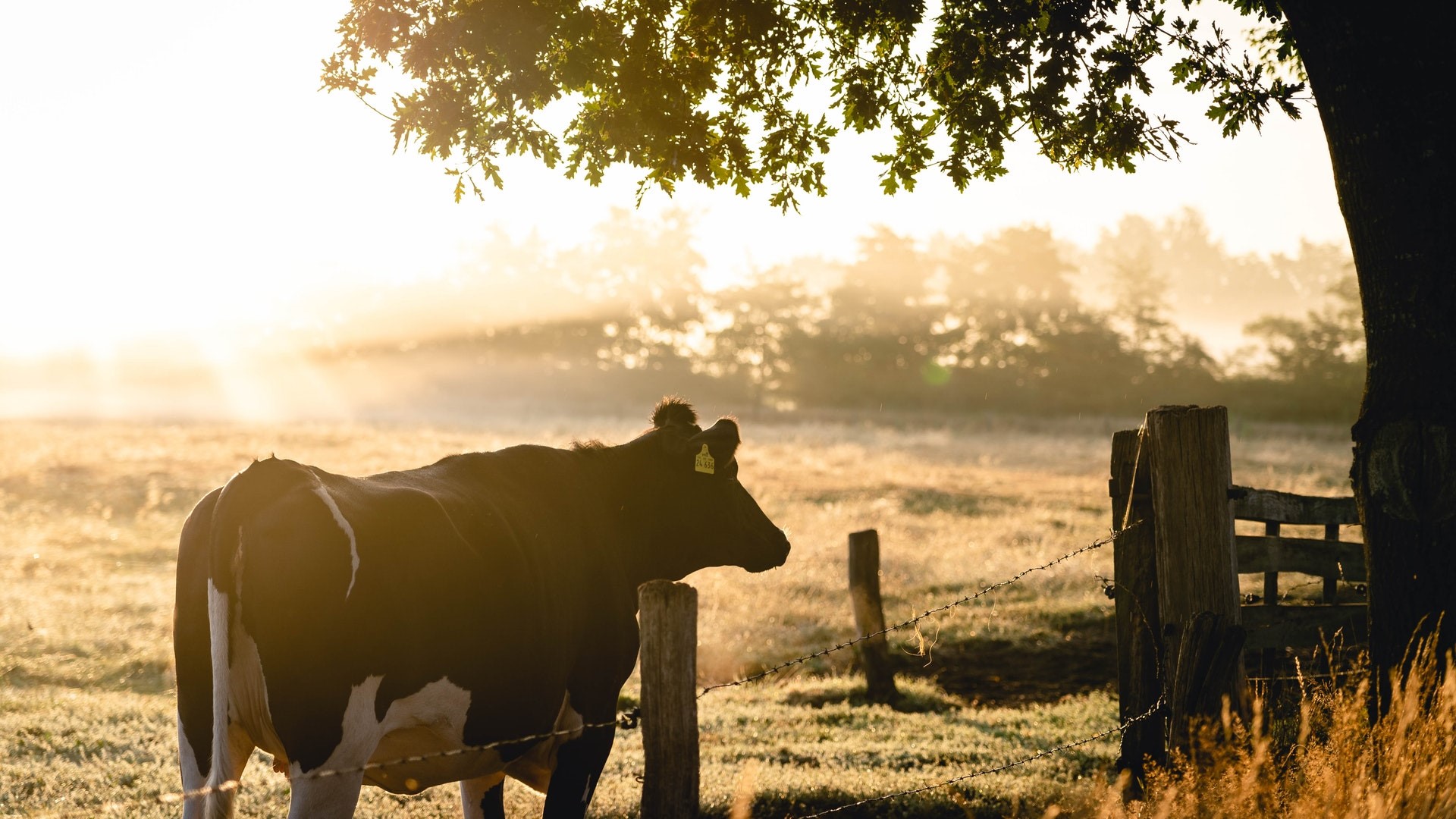
Through its discussion, the article concludes by pondering if the scaling challenges are too much to address and, in that situation, should public funding even be allocated for cell-based meat research?
Considering the early stage of the cellular agriculture industry, public funding for cell-based meat research may be vital to address and evaluate the technological challenges of scaling cell-based meat production.
As New Harvest Executive Director Isha Datar noted in her thread, the article’s main insights are primarily based on two different techoeconomic analyses, each with their own set of assumptions of how cell-based meat will scale and the associated costs.
Through public research and support, more researchers will have access to funding to potentially address these challenges to build a sustainable future of food with cellular agriculture. In addition, more studies could be conducted to assess the economic feasibility of the field at scale, each with a different set of assumptions based on the state of the industry.
Considering how other emerging technologies have benefited from public research and funding, from clean energy technologies to mRNA vaccines, public research may help the cell-based meat sector address the challenges highlighted in Fassler’s deep dive about the field.
Interestingly, Datar also raised the idea of how we value our food system in the future. Considering the need to develop a more sustainable food system, the potential upside of cellular agriculture, including cell-based meats, could justify public funding to evaluate if the field can address the scientific challenges to reach commercial scale.
Conclusion
September was an incredible month to wrap up the summer and third quarter of 2021 for the cellular agriculture field. From record investment rounds to new partnerships, this September highlights how 2021 has been an incredible and monumental year for the field moving forward. With more than $500 million in disclosed funding this month, more than $2 billion has now officially been invested in the cellular agriculture food field. More than doubling total investments in one year.

At the same time, it is vital for the field’s future that important discussions and articles around the viability of scaling cell-based meat continue. While startups are entering the field looking to address these key supply chain pain points, scaling production is one of the main obstacles the field will have to face to become part of our future food system.
One way companies may look to initially address scaling challenges is through developing hybrid plant-based and cell-based products. At the recent Alt Protein Conference 2021: ‘The Future of Meat: Hybrid’, cell-based meat and plant-based meat startups explored how cell-based meat and fat could be incorporated into plant-based products to be hybrids. Other presenters explored the idea of consumer perception and interest in the concept of hybrid products. The conference was co-organized by CellAgri and the Protein Directory.
Following a strong September, the cellular agriculture field will look to now wrap the year strongly in the fourth quarter. With more conversations about partnerships and scaling production, cellular agriculture can continue to progress to ultimately become part of our future of food.
Stay connected with CellAgri
Join our mailing list to receive the latest news and updates weekly from the cellular agriculture industry. Your information will not be shared.



